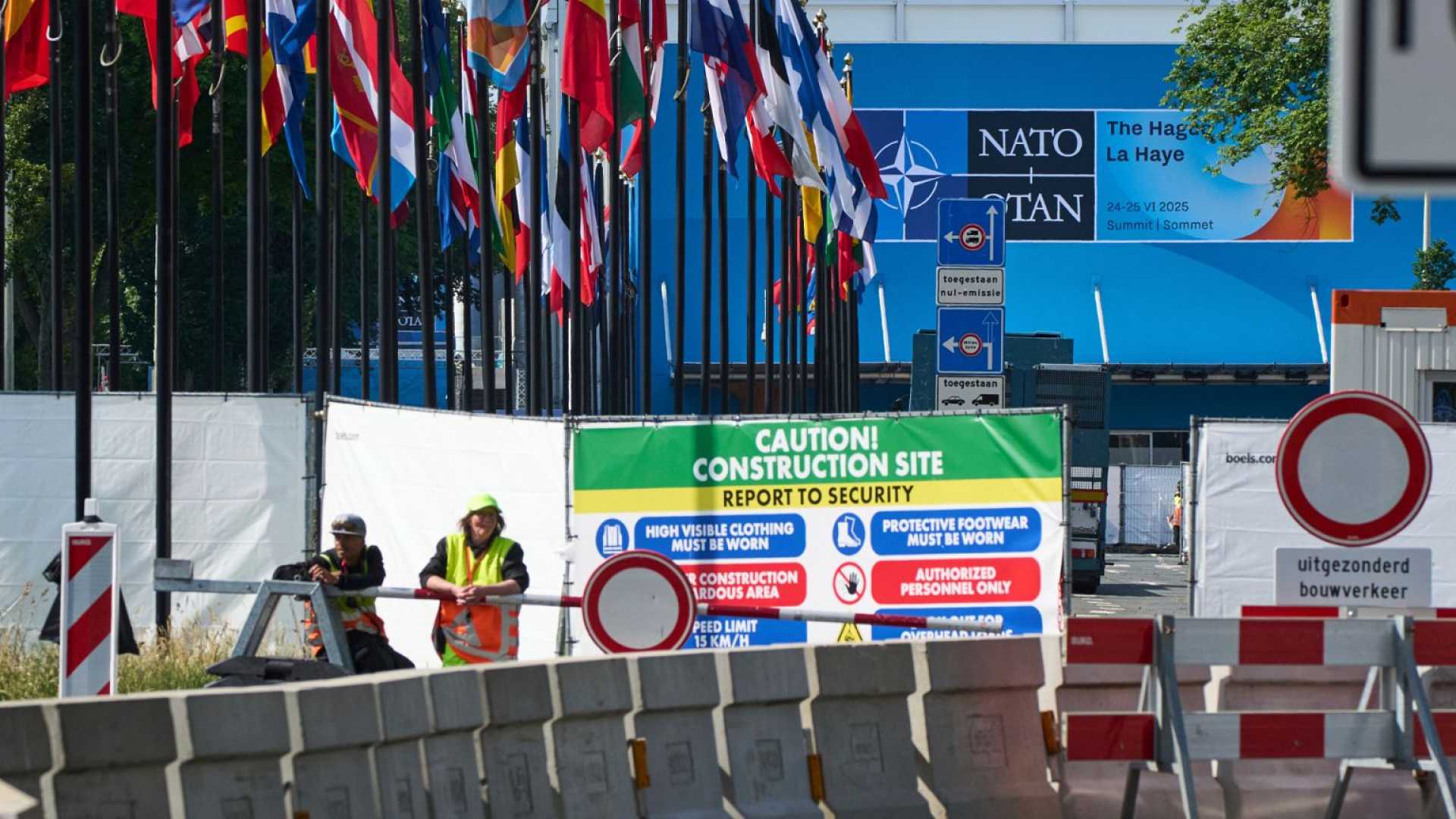World
NATO Summit Tensions Rise Over 5% Defense Spending Target

THE HAGUE, Netherlands — As NATO leaders prepare for their annual summit from June 24 to June 26, tensions are mounting over a proposed increase in defense spending. The alliance aims to convince its members to commit 5% of their gross domestic product (GDP) to defense, a topic that surfaced after allies agreed to discuss the hike at a meeting earlier this week.
The proposed spending increase consists of 3.5% for direct defense capabilities and an additional 1.5% for broader measures like cybersecurity and military infrastructure. However, several member states have expressed reluctance to meet these targets, especially given their current economic situations.
Spain’s Prime Minister Pedro Sanchez stated that Madrid does not plan to meet the 5% target, only needing to allocate 2.1% to fulfill NATO’s requirements. Sanchez emphasized, “We fully respect the legitimate desire of other countries to increase their defense investment, but we are not going to do so.”
Italy shares similar hesitancy, with Defense Minister Guido Crosetto questioning NATO’s current relevance and expressing doubt about the feasibility of meeting the new target. Meanwhile, countries that have already surpassed the target, like Poland, Latvia, and Estonia, are pushing forward with their military investments, particularly due to concerns about Russia.
The situation is further complicated by the economic pressures facing nations like Germany and the United Kingdom, where officials have requested delays in implementing the proposed hikes. The U.K. is reportedly seeking a three-year postponement, despite public support for the spending increase.
Experts warn that the uneven distribution of military spending increases could create friction within the alliance during the summit. Carsten Nickel, a deputy director at risk consultancy Teneo, noted that greater defense spending would address some challenges but not all. “Greater spending will only partially resolve deeper issues from military burden-sharing,” he stated.
As the NATO summit approaches, differing priorities and economic circumstances among member states may shape discussions and outcomes. The decisions made at this gathering could influence NATO’s future stability and unity.












